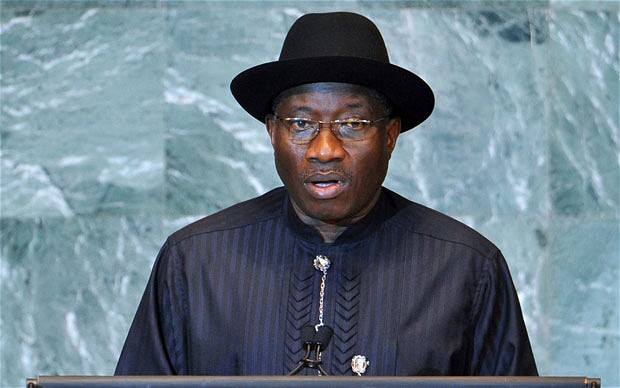The naira rose against the dollar in thin trade at the interbank market on Wednesday, the last day in 2014, but closed at N181.50, a 13 per cent fall in the year, compared with the N160.60 to a dollar it was at the end of December 2013, according to Reuters data.
The Central Bank of Nigeria (CBN) had devalued the naira at the end of November and this month tightened trading rules to try to curb speculation against the currency, slowing trading to a trickle, after the naira was hard hit by falling world oil prices.
The devaluation of its target band by eight per cent to N160-N176 against the dollar was meant to halt the slide in foreign reserves, but the naira has traded well outside that band – and reserves are still falling.
Nigeria’s currency was the third worst performer in Africa in 2014 against a basket of fairly liquid currencies. It followed Ghana’s cedi and Zambia’s kwacha.
Advertisement
The CBN decreed last month that banks were no longer allowed to hold their own funds in dollars and that all dollars bought from the interbank market can be held only for up to 48 hours, as it sought to get tough on speculators.
The result has been a sharp drop in currency trading.
“People are mostly just giving indicative quotes. A lot of people are looking for dollars but there’s not much dollar liquidity. I haven’t been able to do a trade at all,” one dealer said.
Advertisement
Oil revenues make up 95 per cent of foreign exchange and about three quarters of government revenue, but only 15 percent of gross domestic product (GDP).
Add a comment




